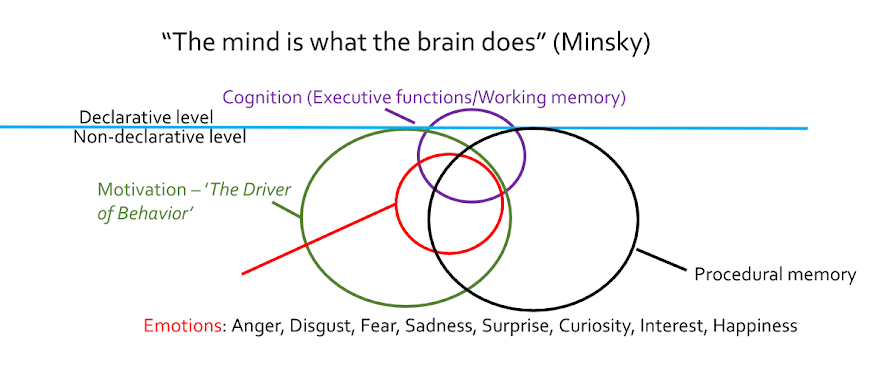Please support the blog via Swish (Sweden), MobilePay (Finland) or Wise.
Yesterday, I attended another conference about innovation and sustainability: Hanken Insight - Innovation for a sustainable World. The conference had a three-stage process.
First, two professors presented the Finnish Innovation Index (FII), which was founded in 2021. The index is not based on the number of innovations per se, or creative productivity, but consumers' attitudes about certain brands.
The second stage was a panel-discussion led by Marc Hinnenberg, CEO of Hanken Executive education. During the discussion, food was one topic, and two brands that produced food replacement products were mentioned because consumers had considered them highly innovative: Oatly and Beyond Meat. One member of the panel, Petteri Ruska, is running his own food tech company - MeEat. Ruska claimed that we should eat more plant based options.
 |
| Photo: Peter Österberg. |
The third stage of the conference was mingling; out in the foajé, Hanken offered sparkling wine to the guests, and as usual in these minglings, interesting conversations emerged.
I spoke to two of the presenters and asked about the FII and why creativity wasn't mentioned during the presentations.
The backstory to that is, part of my expertise is in creativity (Österberg, 2004, 2012, 2021; Österberg Köping Olsson, 2018, 2021).
And creativity plus implementation equals innovation. You can be creative without being innovative, but you can't be innovative without being creative.
Then we talked about food, because, contrary to the claims made by the panel, Oatly and Beyond Meat are far from success stories, rather the opposite. And their products do not provide the nutrients needed to sustain physical and mental health.
Until 2022, Oatly had never made a profit, but lost a lot of money:
And Beyond Meat's share had plummeted.
Link to source.
What about Ruskas claim about plant based alternatives?
Well, shared knowledge is that our species adapted to an animal source diet ~3.5 million years ago (Mann, 2018; McPherron et al. 2010; Thompson et al. 2019).
The implication of this new, nutrient dense diet was:
- a reduction of their guts, and an expansion of their brains, from the occipital lobe and forward (Aiello and Wheeler, 1995; Hublin et al. 2015).
- new mental faculties: visuospatial perception, social cognition, and executive functioning (Ardila, 2008; Barkley, 2001; Coolidge and Wynn, 2018; Trés and Brucki, 2014).
- Constructive and combinatory thinking, a.k.a. creativity (~70 000 years before the present; Ambrose, 2010).
- children need animal source food to sustain physical and mental health (Adesogan et al. 2020; Balehegn et al. 2019).
- the brain needs animal fat (Ede, 2019).
- People who abstain from eating animal source food also report neuroticism, anxiety, and depression (Dobersek et al. 2023), which is the opposite to elaborating scenarios forward in time, including constructive and combinatory thinking (Gilbert and Wilson, 2007; Pringle, 2016; Kaku, 2014).
In conclusion: the mingling was, again, the most fruitful part of the conference. An index about innovation shouldn't be based on questionnaire data, but on factual innovation or creative productivity. And claims about food and health made by the panel are not consistent with science. The premise, the political sustainability approach, is inconsistent with global progress.
Please support the blog via Swish (Sweden), MobilePay (Finland) or Wise.
More about my expertise:
Executive coaching for CEOs/managers and workshops to facilitate Organizational Performance, Learning, and Creativity for Problem Solving | Lectures: Nutrition for physical and mental health | Course/lecture: children's emotional and social adjustment and cognitive development | Language training - Swedish | Academy Competency | CV | Teaching skills and experience | Summary of research project | Instagram | Linkedin | YouTube-channel| TikTok | Twitter





No comments:
Post a Comment